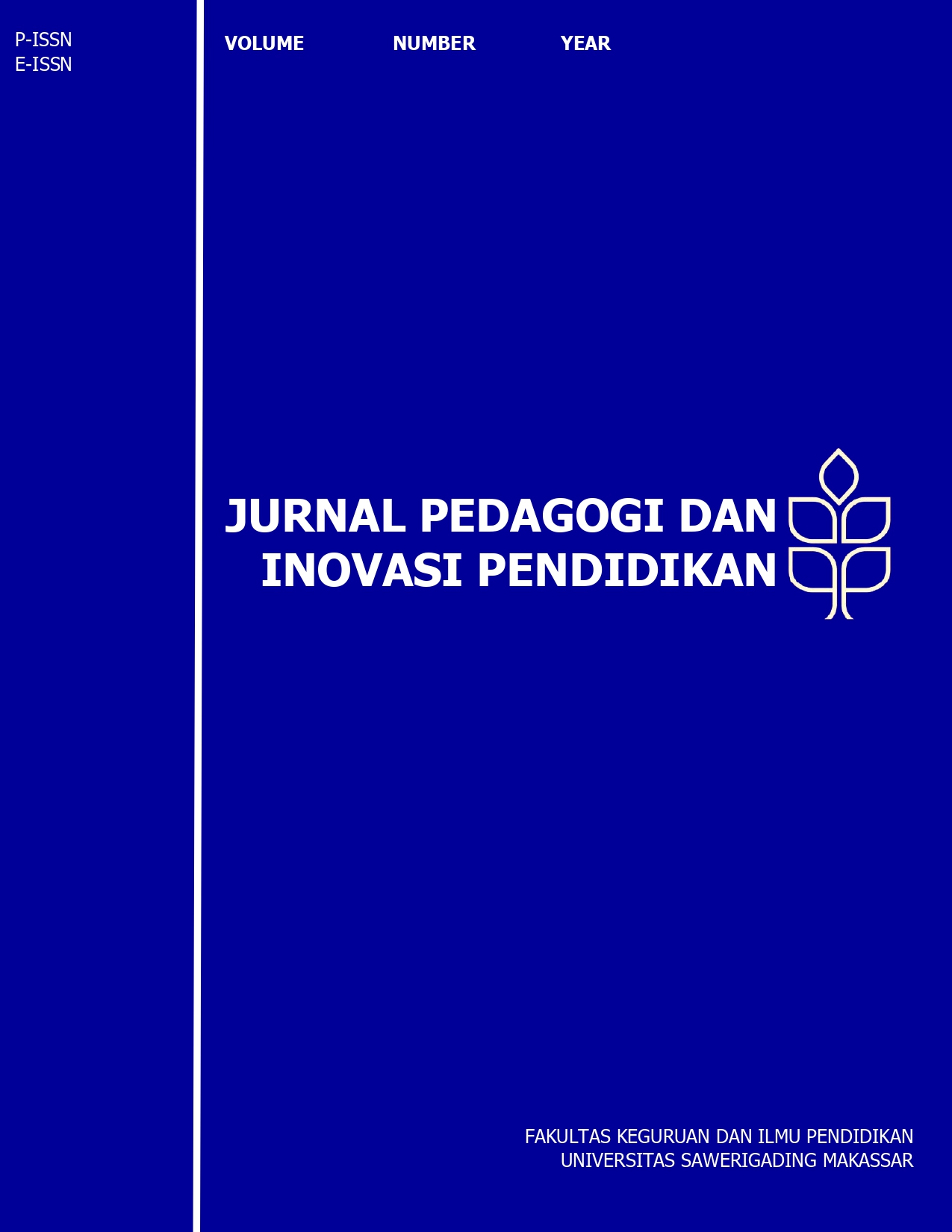Mental Acts Developed in Deep Learning: A Literature Review
Keywords:
Deep learning, Higher order thinking skills, Mental actsAbstract
Deep learning refers to an educational approach that prioritizes conceptual comprehension and the development of higher order thinking skills, as opposed to surface learning which emphasizes memorization of facts. In this context, mental acts as described by Harel serve as crucial internal cognitive processes, including comparing, relating, generalizing, and abstracting, which support the meaningful construction of knowledge. This study applies a systematic review of literature, drawing on sources from international journals, nationally accredited journals, academic books, and conference proceedings. The data were examined through thematic analysis to identify the forms of mental acts, the instructional strategies that facilitate their emergence, and their influence on deep learning. The review reveals that while mental acts play an important role in fostering critical, creative, and metacognitive thinking, much of the existing research still concentrates on instructional strategies, with limited attention to affective and metacognitive dimensions. This article contributes a conceptual synthesis that situates mental acts as the central element of deep learning and proposes an integrated framework to strengthen educational practices for the twenty first century.
Downloads
References
Akbar, A., Herman, T., & Suryadi, D. (2023). Culture-Based Discovery Learning and its Impact on Mathematical Critical Thinking Skills. Jurnal Ilmiah Sekolah Dasar, 7(3), 436–443. https://doi.org/10.23887/jisd.v7i3.59921
Akbar, A., Herman, T., Suryadi, D., & Haruna, N. H. (2025). Development of Didactical Design in Volume Teaching : Efforts to Improve Critical Thinking Abilities. Jurnal Pedagogi Dan Inovasi Pendidikan, 1(1), 39–51. https://jurnal-pip.com/index.php/jpip/article/view/7/5
Bada, & Olusegun, S. (2015). The psychogenisis of Knowledge and its Epistemological Significance. Journal of Research and Method in Education, 5(6), 23–34. https://doi.org/10.9790/7388-05616670
Bereiter, C. (1994). Constructivism, Socioculturalism, and Popper’s World 3. Educational Researcher, 23(7), 21–23. https://doi.org/10.3102/0013189X023007021
Brooks, K. ., & Brooks, M. (1999). In search of understanding: The case for constructivist classrooms. Association for Supervision and Curriculum Development.
Brousseau, G. (2002). Theory of Didactical Situation in Mathematics. Dordrecht: Kluwer Academic Publishers.
Crawford, R. (1991). In the era of human capital : the emergence of talent, intelligence, and knowledge as the worldwide economic force and what it means to managers and investor (First Edit). HarperCollins.
Deci, E. L., & Ryan, R. M. (1985). Intrinsic Motivation and Self-Determination in Human Behavior. Springer US. https://doi.org/10.1007/978-1-4899-2271-7
Demircioglu, T., Karakus, M., & Ucar, S. (2023). Developing Students’ Critical Thinking Skills and Argumentation Abilities Through Augmented Reality–Based Argumentation Activities in Science Classes. In Science and Education (Vol. 32, Issue 4). Springer Netherlands. https://doi.org/10.1007/s11191-022-00369-5
Erdem, C., Bağci, H., & Koçyiğit, M. (2019). 21st Century Skills and Education. Cambridge Scholars Publishing.
Harel, G. (2008). DNR perspective on mathematics curriculum and instruction, Part I: focus on proving. ZDM, 40(3), 487–500. https://doi.org/10.1007/s11858-008-0104-1
Hortelano, J. C., & Prudente, M. (2024). Effects of the theory of didactical situations application in mathematics education: A metasynthesis. Journal of Pedagogical Research. https://doi.org/10.33902/JPR.202426908
Kemdikbud. (2025). Mendikdasmen Paparkan Implementasi Deep Learning Sebagai Upaya Peningkatan Mutu Pendidikan. Kementerian Pendidikan Dasar Dan Menengah. https://www.kemdikbud.go.id/main/blog/2025/02/mendikdasmen-paparkan-implementasi-deep-learning-sebagai-upaya-peningkatan-mutu-pendidikan
Langer, E. J. (1993). A Mindful Education. Educational Psychologist, 28(1), 43–50. https://doi.org/10.1207/s15326985ep2801_4
Li, M. (2024). Integrating Artificial Intelligence in Primary Mathematics Education: Investigating Internal and External Influences on Teacher Adoption. International Journal of Science and Mathematics Education, 0123456789. https://doi.org/10.1007/s10763-024-10515-w
Mu’ti, A. (2020). Pendidikan Agama Islam yang Pluralitas: Basis Nilai dan Arah Pembaruan (978-602-60970-8–8).
Mu’ti, A. (2025). Pendekatan Pembelajaran Mendalam dalam Transformasi Pendidikan [Kuliah umum]. https://www.youtube.com/watch?v=EflpZj3zA1g
Mutohhari, F., Sutiman, S., Nurtanto, M., Kholifah, N., & Samsudin, A. (2021). Difficulties in implementing 21st century skills competence in vocational education learning. International Journal of Evaluation and Research in Education, 10(4), 1229–1236. https://doi.org/10.11591/ijere.v10i4.22028

Downloads
Published
Issue
Section
License
Copyright (c) 2025 Jurnal Pedagogi dan Inovasi Pendidikan

This work is licensed under a Creative Commons Attribution-NonCommercial-ShareAlike 4.0 International License.



